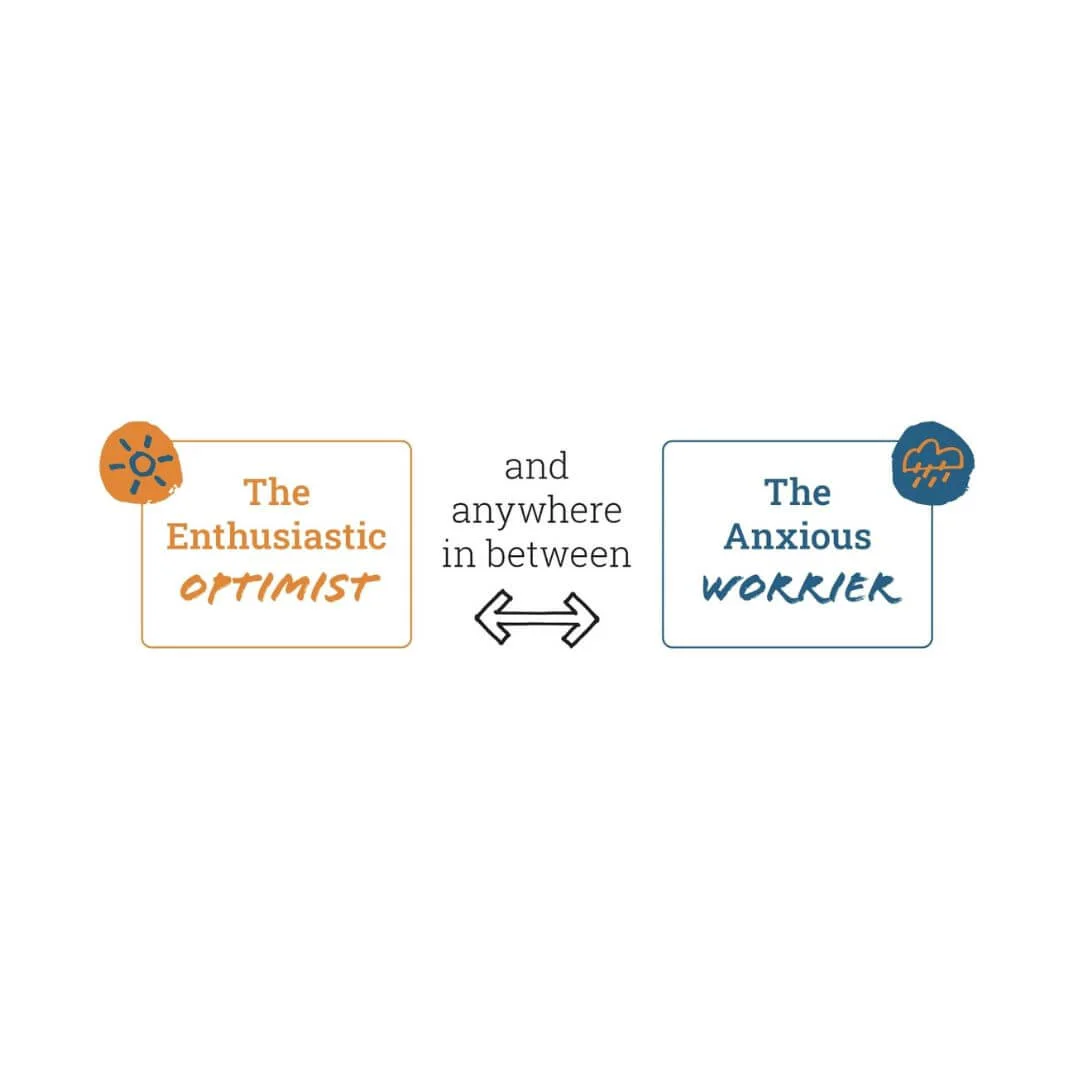This is the time to break free from home. You may have struggled with your home life in the past, had poor relationships with your parents, or you may have been a carer. University is an opportunity to create a path for yourself - and breathe.
A change of scenery can make a big difference, but if you’ve experienced family problems in the past, these won’t necessarily go away.
If you need to talk, most universities have a wellbeing team or counselling service who can support you and help address your problems. Don’t ignore your feelings: process these difficulties to keep your head clearer for study and personal growth.
If you have been a carer, you may find yourself torn between your caring role and the new independence that you’ve been craving. Share these concerns, either with academic staff or the wellbeing team. You are not alone in these experiences.
